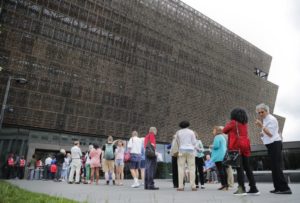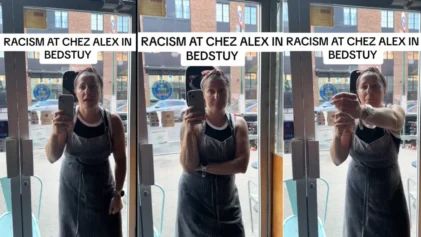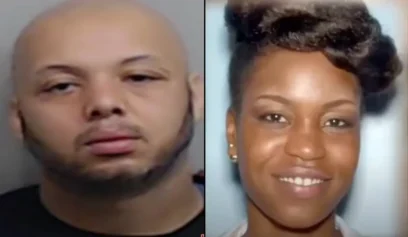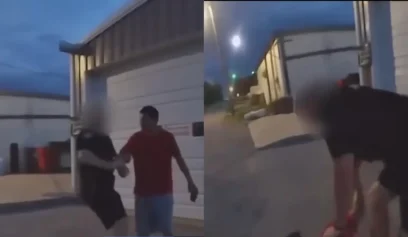
The Smithsonian National Museum. (AP Photo/Pablo Martinez Monsivais, File)
WASHINGTON (AP) — Nooses have appeared recently around the nation’s capital — including the Smithsonian’s new African-American history museum — in a rash of incidents that experts say show the growing use of hate symbols in the U.S. to try to intimidate nonwhites.
“We’ve seen a spike in the use of symbols of hate lately, and the noose is one more example,” said Denison University professor Jack Shuler, who has studied lynching and noose imagery in the U.S.
Two nooses were found at Smithsonian museums in the past week, one outside the Hirshhorn Museum last Friday and one inside the Smithsonian National Museum of African American History and Culture on Wednesday.
Bananas tied to nooses were discovered at American University in Washington last month, while a noose was found at the nearby University of Maryland and a suburban middle school in Crofton, Md.
Two 19-year-old white men were arrested and charged with hate crimes for allegedly hanging the noose at the Crofton school. No arrests have been made in the other cases.
This comes as other episodes of bigotry have shaken the country, including the spray-painting of a racial slur on the gate of basketball superstar LeBron James’ mansion in Los Angeles on Wednesday.
In Portland, Ore., two white people were stabbed to death last Friday after they tried to stop a white man from shouting anti-Muslim slurs at two young women. One of the women was wearing a Muslim head covering, and both were Black.
The Southern Poverty Law Center, which tracks bigotry, said it has seen an increase in hate incidents in the U.S. since the election of President Donald Trump. Between Election Day and Feb. 1, the SPLC said, it collected information on about 1,800 hate-related episodes from almost every state.
“In the past, it would be a couple hundred at most, and that would be high,” said Heidi Beirich, director of the Intelligence Project at the Southern Poverty Law Center.
Loops of rope have long been used to intimidate African-Americans because they evoke lynchings. The nonprofit Equal Justice Initiative said there were 4,075 lynchings of Blacks in the South to spread racial terror between 1877 and 1950.
For Blacks, the noose is “comparable in the emotions that it evokes to that of the swastika for Jews,” the Anti-Defamation League said.
“I’ve seen in the last couple of months more instances of nooses being used to intimidate people,” said Shuler, author of “The Thirteenth Turn: A History of the Noose.” ”I think we’re in a situation right now where people who express hateful opinions are being allowed to speak freely and it’s become OK again.”
Beirich blames the rhetoric from Trump’s presidential campaign, during which he pledged to build a wall on the Mexican border and ban Muslim immigrants. Trump also claimed for a long time that President Barack Obama was not born in the United States.
“Putting those sentiments in public from a presidential campaign has sanctioned a lot of people,” Beirich said. “Things they might have kept inside themselves, that they have kept quiet about, have burst out.”
The noose didn’t stop some visitors to the Black history museum.
Stephen Middleton, who brought his extended family to the museum Thursday from Georgia and Maryland, said he wasn’t surprised someone targeted the museum. But “we’re not going to be deterred, we’re not going to be wavered and not going to be intimidated,” he said.


